Interview | 'Almost all of our resources will be allocated to housing improvements': Minister Helga Rivas

In the final 12 months of Gustavo Petro's administration, the Ministry of Housing, City, and Territory's priority will be housing improvements and more drinking water solutions across the country.
Although the initial goal was 400,000 improvements, Minister Helga Rivas stated that this figure will not be met. To date, 18,000 have been completed, and another 84,000 are in progress.
"Private banks are also investing in providing loans for home improvements, and we want to add to this goal as much as we can manage," the official emphasized in an interview with EL TIEMPO.
He also confirmed that no new Mi Casa Ya subsidies will be provided because the goal established in the National Development Plan has already been met. However, households will be able to access other options that have been made available to help them fulfill their dream of owning their own home.
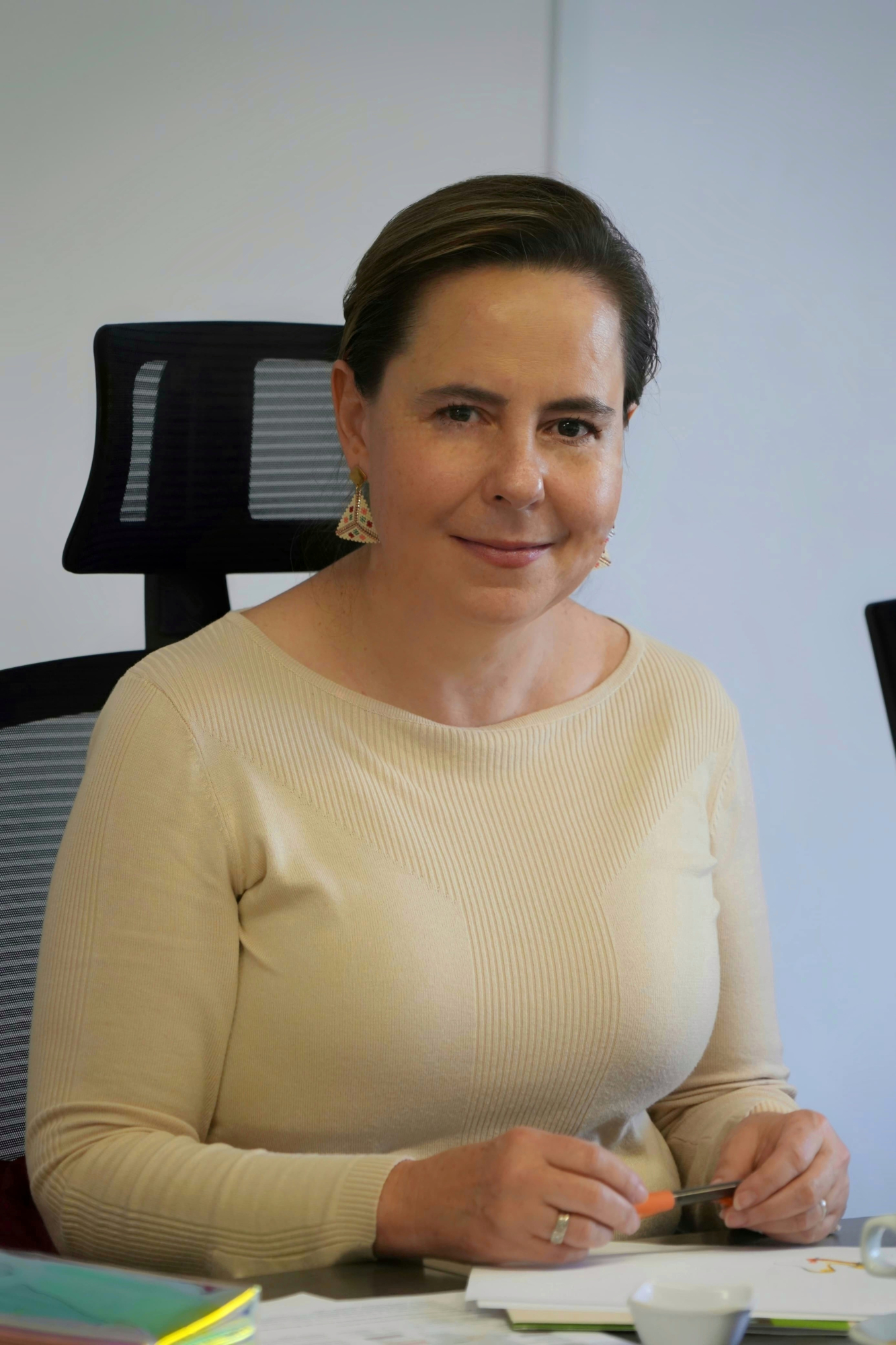
Minister of Housing, Helga María Rivas. Photo: Mauricio Moreno / EL TIEMPO
I can't standardize my housing policy with a single housing solution, which in this case is the acquisition of new housing. We want to move from a "housing-oriented" policy to our biodiverse habitat.
In our biodiverse habitat, we don't just talk about housing as an individual issue for a family applying for a loan to buy an apartment, but rather as a social organization that can self-manage or self-build its own home. In that sense, our policy is very much focused on housing improvement.
Our policy regarding drinking water, basic sanitation, and housing is to have a range of alternatives and solutions. We must incorporate subsidies for housing improvements.
Our policy is very much aimed at improving housing.
The goal is 400,000 home improvements, but we won't reach it due to budgetary constraints. We believe we can achieve, roughly, 150,000 improvements.
We have 18,000 improvements completed and 84,000 in progress. We will achieve this goal not only with the General National Budget but also with the financial sector.
Private banks are also investing in home improvement loans, and we want to add to this goal everything that can be managed through these loans.
With the National Savings Fund, we're providing home improvements without collateral. We're combining this with the Ministry's titling program; we've delivered some 200,000 property titles.
In addition, we are co-financing the subsidies provided by local authorities. For example, in Atlántico we are providing 70 percent, and the Governor's Office is providing the remaining 30 percent.
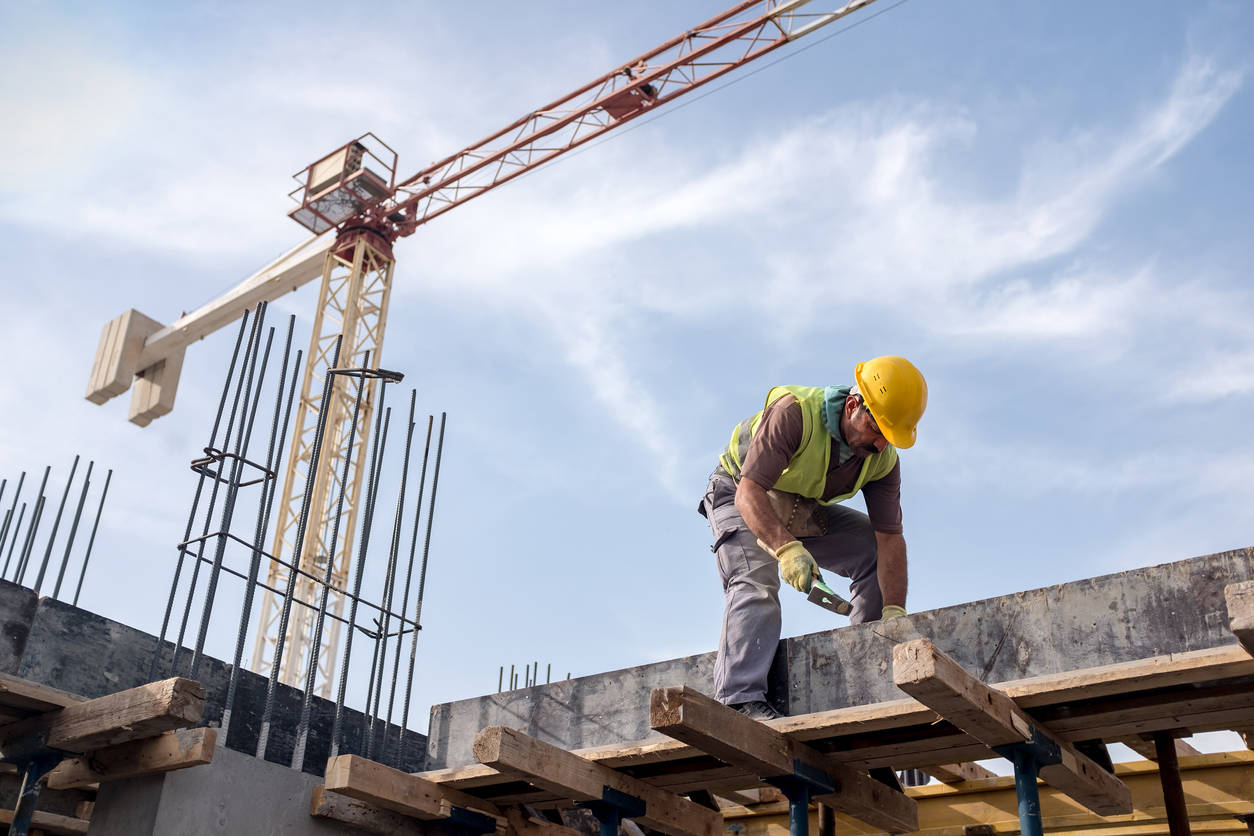
Photo: iStock
Mi Casa Ya is a very important program, but it's not aimed at the poorest. I think it was created at a time when it perhaps boosted the economy and was needed, but now neither the budget nor the economic situation allows for it.
We've already met the new housing acquisition target, which has been widely questioned, but we have all the figures to confirm that we've met it. The target indicator was very clear: subsidies for new housing acquisition in urban and rural areas.
The indicator (from the National Development Plan) states that the subsidies provided by the National Government and those provided by the Family Compensation Funds can be combined. I've been told I'm a player for including the subsidies from the Family Compensation Funds.
The goal was 222,121 subsidies, and with resources from the General National Budget, we have delivered 114,700, totaling 4.1 billion pesos, while the Family Compensation Funds have provided 112,035 subsidies.
We have already met the goal of acquiring new housing, which has been highly questioned.
Housing assistance will continue, but we have already met our subsidy goal , and we will allocate almost all of our available resources to housing improvements.
Nearly 30 percent of the Ministry's resources were going to the new housing acquisition program (Mi Casa Ya). We had inflexibility and compromised future terms. The program was well-structured for us to continue, and it did.
The funds have already been exhausted; however, we are completing the pending processes with the pre-allocated funds. We are now focused on housing improvements.
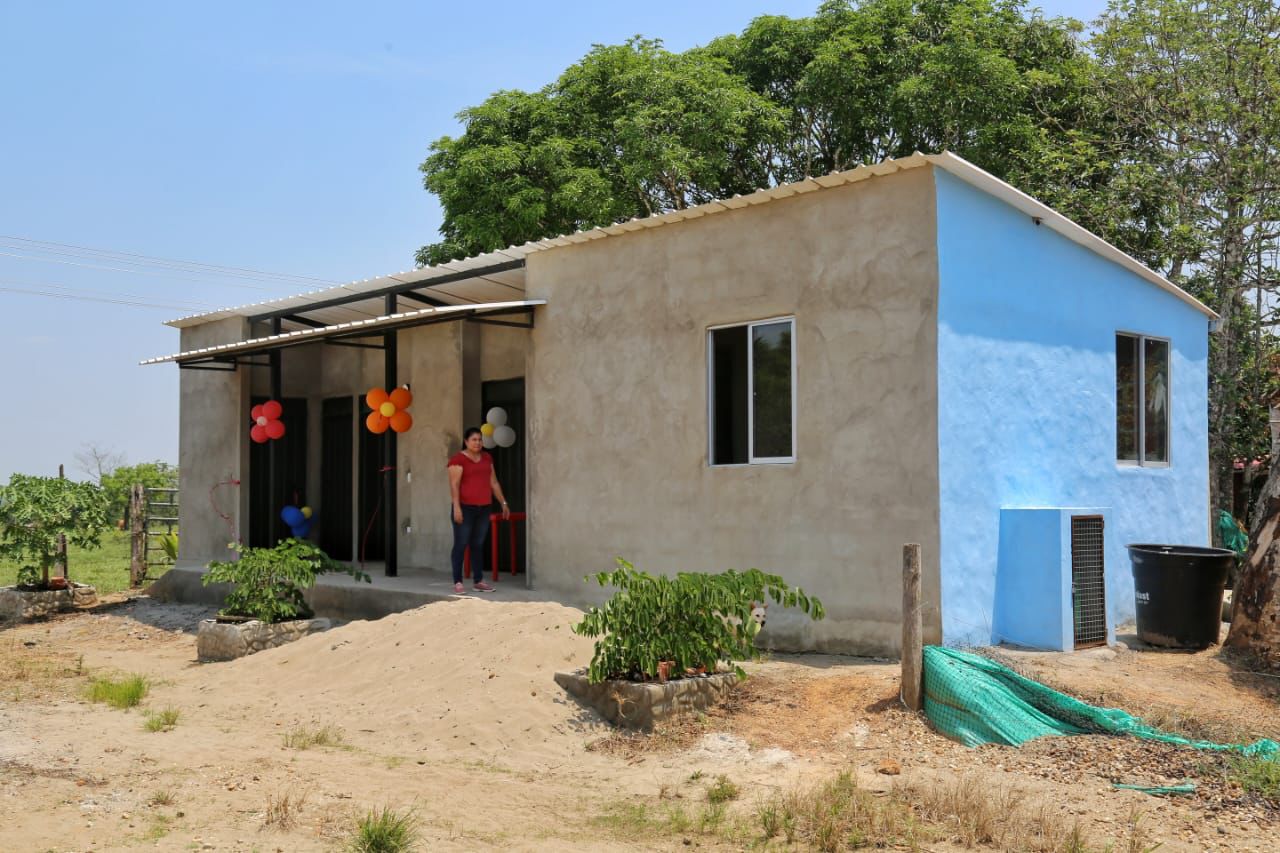
Photo: Ministry of Housing
A discussion was held with the National Planning Department (DNP) to review how this indicator would be analyzed and reported. I believe this is why the subsidies provided by the Family Compensation Funds were not included in 2023.
It's yet another exercise in disaggregation that occurred at the time, because subsidies for new rural housing were also not being taken into account.
Since I arrived at the Ministry of Housing, I haven't wanted to talk about My House Now again because the law doesn't talk about My House Now, but rather about housing solutions. Narratively, the issue of "my" has a political underpinning, and our government's policy is to move from "my house" to our biodiverse habitat.
The housing policy was not the My House Now program, but rather to review the issues of rurality, water and territorial planning.
So, let's not even mention the data from the Compensation Funds, if you want. We've delivered 110,212 subsidies for new (urban) housing and have implemented 18,000 improvements. I don't want to make things up.
Given the fiscal situation and our budget, we have invested 30 percent in the acquisition of new housing, and our National Development Plan focuses on housing improvements.
I was told that housing policy was over. Sorry, but housing policy wasn't the My House Now program, but rather reviewing rural areas, water, and land use planning, issuing all the decrees we've been issuing, and looking at the full range of housing alternatives. Personally, I believe we've delivered public policy.
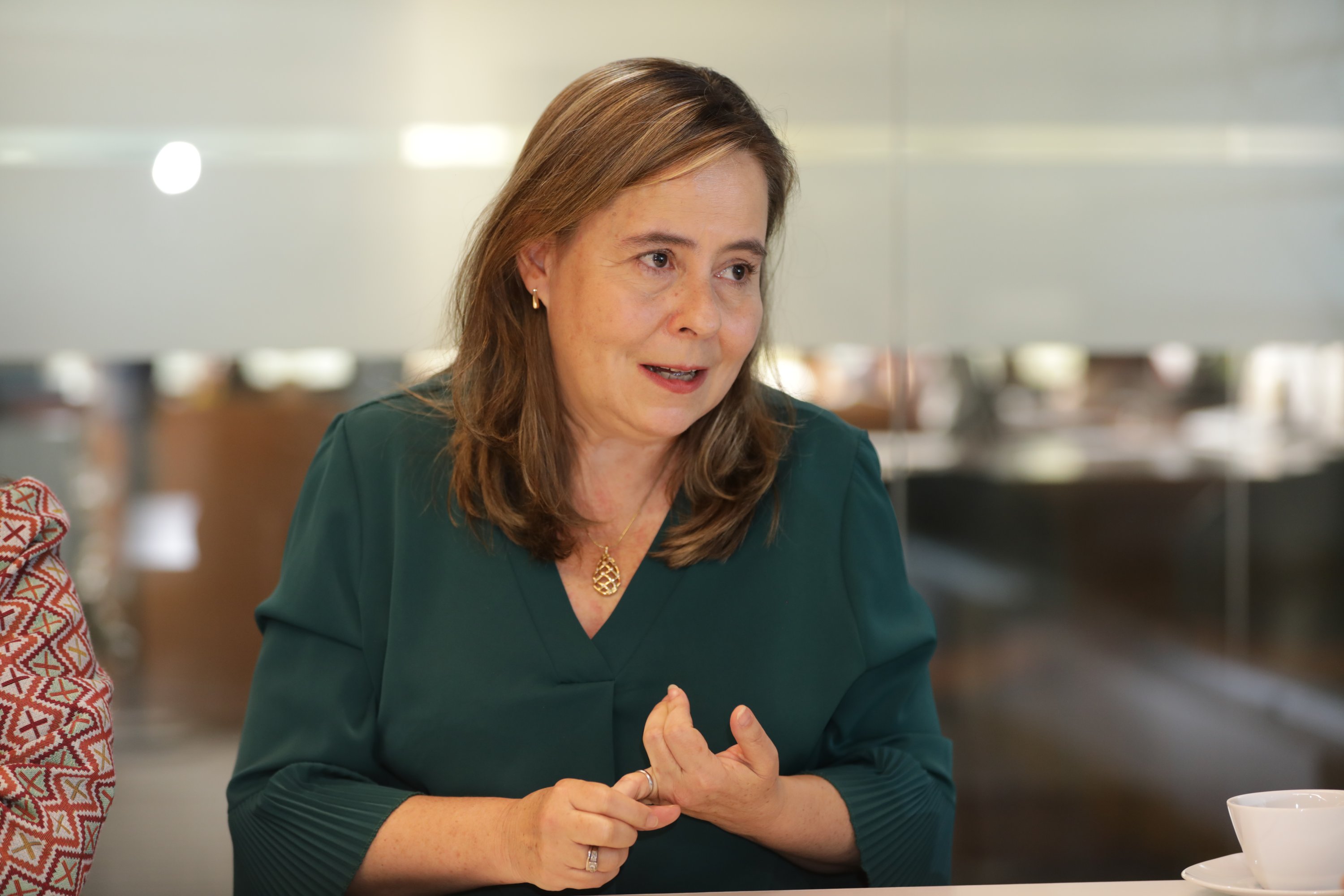
Minister of Housing, Helga María Rivas. Photo: Mauricio Moreno / EL TIEMPO
My fight was incredibly tough to get this government to give the money to those pre-assigned, because it's a lot of money compared to our other priorities.
I got that beating and the president (Gustavo Petro) can kick me out, because he says: "How is it possible, Helga, that you continue financing Mi Casa Ya when our priorities are water?"
This was a commitment we weren't legally obligated to fulfill. It was a promise of value, not an acquired right.
My fight was very hard to get this Government to give the money to the pre-assigned
Indeed, the preliminary specifications for this process were published at the time, and more than 450 comments were received. The Ministry decided to restructure this project and explore other alternatives.
The idea is to reintroduce this initiative, but no longer with a focus on pipelines from the Ranchería River to Manaure, but rather seeking the technical and financial viability of extending the pipeline to where it is feasible and possible.
This is a project that could cost approximately 2.3 billion pesos , and what concerned us most was its sustainability and maintenance because it was quite expensive.
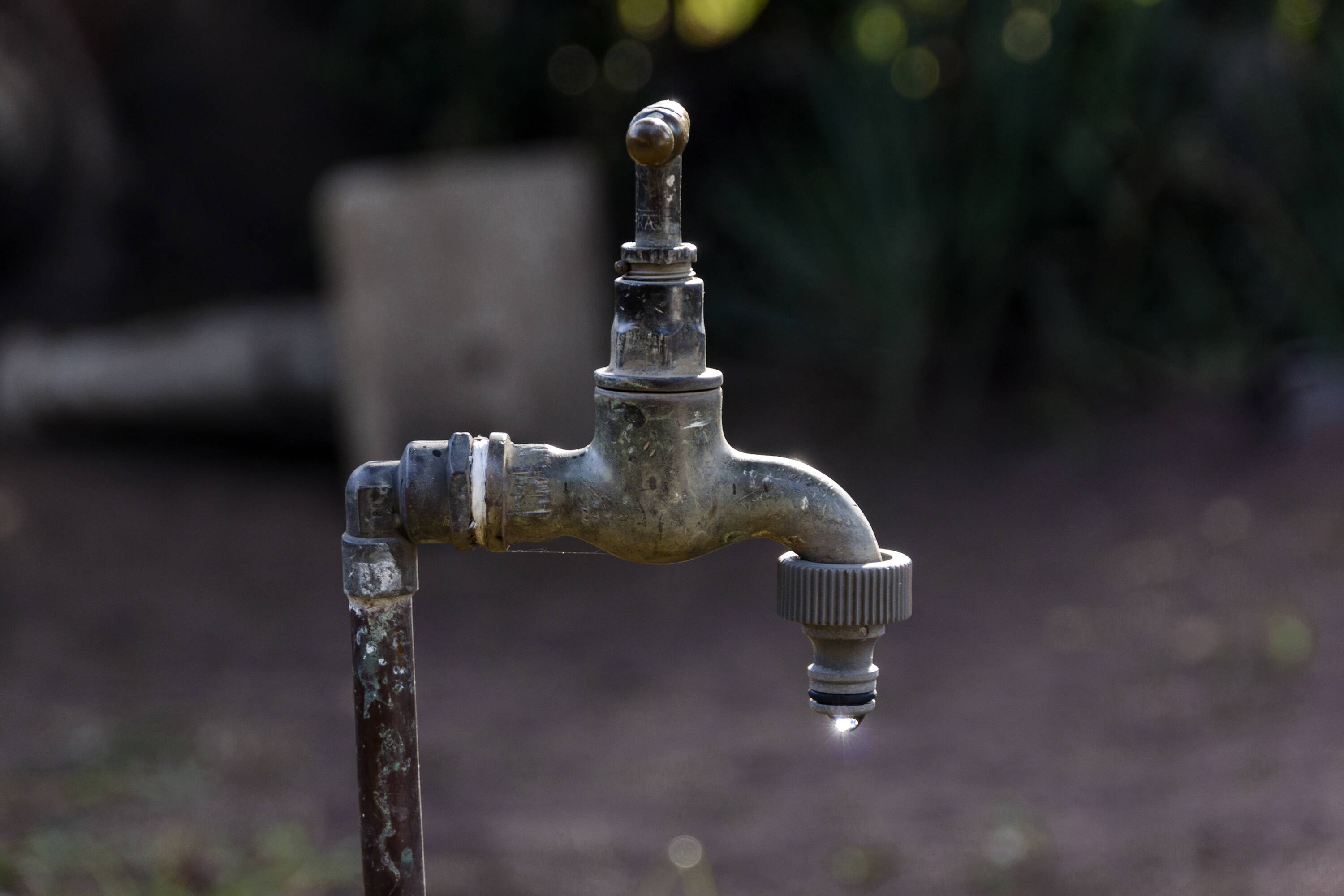
Photo: iStock
In Alta Guajira, the National Government has invested approximately 361 billion pesos in 34 projects that we are implementing in 11 municipalities. We have already submitted the Sewerage Master Plan for Fonseca and are making progress in the implementation of the Riohacha Aqueduct Master Plan.
Additionally, we have invested approximately 142 billion pesos—the Ministry has provided 83 billion pesos—to provide drinking water to 128,000 residents of Alta Guajira. This has reduced the mortality rate from acute respiratory illnesses, malnutrition, and acute diarrheal diseases by 40 percent .
In addition, 172 deep well improvements have been delivered, and 15 public wells are under construction, which we hope to put into operation in the second half of 2025, providing drinking water to some 30,000 people.
We are building a strategic Conpes that includes 193 investment projects
During this administration, investment in drinking water and basic sanitation has increased by 106 percent, representing 4.2 trillion pesos invested to date. We have ensured that 1.6 million people have access to drinking water in the urban sector.
The Ministry is also developing a strategic Conpes (National Plan of Action) that includes 193 investment projects to continue increasing access to drinking water in rural areas and enabling cities with water shortages to have a solution for drinking water and basic sanitation.
The Conpes (National Confederation of Public Procurement) must be completed this year, and we are proposing an investment of nearly 11.5 billion pesos with future validity. This is the first time that a Conpes (National Confederation of Public Procurement) has been proposed with future validity resources for water and sanitation projects.
eltiempo




